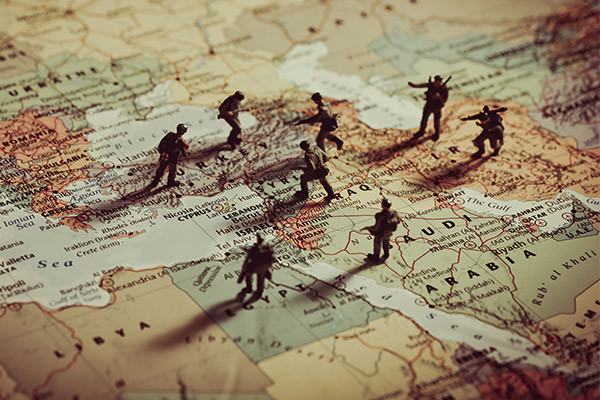Between Normalization and Annexation: Strategic Calculations in UAE Israel Relations
The Abraham Accords opened a new chapter for cooperation in the Middle East, but they were never a blank check for Israel. The continuation of annexation in the West Bank threatens not only the future of Palestinians but also the credibility of the accords and the UAE’s vision for regional stability.
- by Hamda AlKindi ,
- Tuesday, 9th September, 2025
When the UAE signed the Abraham Accords with Israel in 2020, the move was hailed as a historic diplomatic breakthrough that opened new horizons for cooperation, integration, and stability in the Middle East. Yet the accords were implicitly tied to the freezing of Israel’s annexation plans. Five years on, the continued expansion of settlements and legal control in the West Bank reveals that the annexation project never truly stopped, placing the future of normalization at risk.
From Silent to Overt Annexation
Israel’s leadership presented normalization with the UAE as an achievement that required no concessions to the Palestinians. Even under the 36th government (Bennett–Lapid), when the pace of annexation appeared to slow, the project never ceased; it simply took quieter forms. With Benjamin Netanyahu’s return to power in 2023, backed by a far-right coalition, tensions resurfaced. The provocative visit by National Security Minister Itamar Ben-Gvir to Al-Aqsa Mosque in January 2023 prompted the UAE to cancel Netanyahu’s planned visit to Abu Dhabi, sending a clear message that Jerusalem and the sanctity of holy sites remain red lines.
The events of October 7 and the subsequent war in Gaza drew international attention, but they also created an opportunity for Israel to accelerate settlement expansion and tighten its administrative control over the West Bank. These measures effectively reflect de facto annexation. What was once carried out quietly has now transformed into formal and overt annexation, reinforced by hardline ministers’ statements and openly promoted by Netanyahu himself. This shift reflects an Israeli policy increasingly determined to legitimize control rather than keep it under political ambiguity.
For the UAE, annexation is not a secondary issue but a direct challenge to its vision for the regional order. Its consequences are evident on multiple levels: diplomatically, because the accords have not advanced their core principle of tolerance and coexistence; and strategically, because annexation risks isolating Israel again after the UAE played a central role in integrating it into initiatives such as U.S. Central Command in the Middle East and the India–Middle East–Europe Economic Corridor. In this context, the UAE Ministry of Foreign Affairs’ statement on 3 September 2025, delivered by Ambassador Lana Nusseibeh, underscored the UAE’s desire for diplomatic coexistence with Israel, but only through respect for the Palestinian people’s political rights.
What Is at Stake
Normalization has delivered tangible gains, trade has risen to over $10 billion, joint projects in technology and energy have flourished, and cultural exchanges have opened new channels unprecedented in Israel’s history. Yet annexation threatens to unravel these achievements, as it undermines the very foundation of the accords, that peace is conditional on moderating Israeli policies toward the Palestinians. Annexation is not merely a legal or moral issue, it is a strategic factor shaping the region’s future.
The question remains: Can Israel act as a genuine partner in building a stable and interconnected Middle East, or will it become a political and strategic liability? The answer will depend on Israel’s actions on the ground and on the resolve of its partners to enforce red lines.
This article is a summary of a paper written for the Economic Cooperation Foundation (ECF).

Hamda AlKindi
Seinor Researcher

